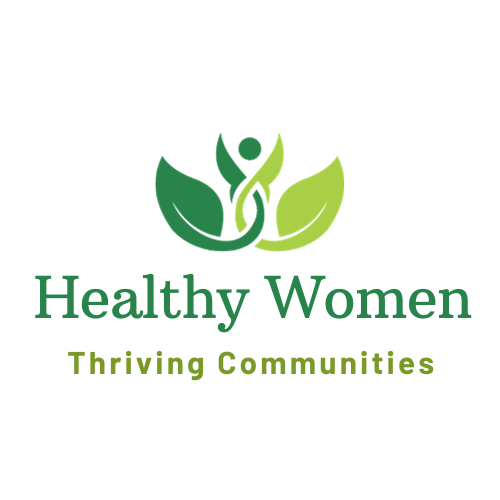Polycystic Ovary Syndrome (PCOS) is a common hormonal disorder affecting millions of women worldwide. Characterized by a range of symptoms, PCOS can significantly impact a woman's health and quality of life.
In this article, we will explore the main factors influencing PCOS, the difficulties associated with managing its symptoms, and the importance of considering the impact of different approaches to finding relief.
Common Symptoms of PCOS
PCOS is a complex hormonal disorder that affects the ovaries, leading to various symptoms. While the exact cause of PCOS remains unclear, genetics and insulin resistance are thought to play significant roles in its development. Some of the common symptoms include:
- Irregular Menstrual Periods: Women with PCOS often experience irregular menstrual cycles, which may be longer or shorter than the typical 28-day cycle.
- Excess Androgen Levels: Higher than normal levels of male hormones (androgens) can lead to facial hair growth, acne, and male-pattern baldness.
- Ovarian Cysts: Women with PCOS may have enlarged ovaries containing multiple small cysts.
- Weight Gain: PCOS is often associated with weight gain, particularly around the abdomen.
- Fatigue: Hormonal imbalances can cause fatigue and reduced energy levels.
- Insulin Resistance: Many women with PCOS have insulin resistance, which can lead to an increased risk of developing type 2 diabetes.
- Mood Swings: Hormonal fluctuations may lead to mood swings and emotional disturbances.
- Infertility: PCOS can hinder ovulation, making it difficult for some women to conceive.
- Skin Issues: Skin problems like acne and darkening of skin patches may occur due to hormonal imbalances.
How to Manage PCOS
Managing PCOS and ultimately feeling better involves considering several factors that can influence treatment outcomes. These factors may include any of the following:
1. Lifestyle Changes vs. Medication
One approach to managing PCOS involves lifestyle changes, such as a balanced diet, regular exercise, and stress reduction. While these changes can have a positive impact on PCOS symptoms, they may not be sufficient for everyone.
In some cases, medication may be necessary to regulate hormones and manage specific symptoms. However, it's essential to talk with your doctor and weigh the potential side effects and risks associated with medications.
2. Supplements vs. Medical Interventions
Natural remedies like herbal supplements can help some women with PCOS. For example, Cyster Glow by Herb Krave helps support hormone balance, regulate menstrual cycles, and improve fertility.
These supplements often contain ingredients like chasteberry and inositol, which have shown promise in some scientific studies. However, it's crucial to consult a healthcare professional before using any supplements, as they may interact with other medications or have varying effects on different individuals.
3. Long-term vs. Short-term Relief
PCOS is a chronic condition, and finding relief often involves long-term management strategies. While some treatments may provide quick relief for specific symptoms, they may not address the underlying hormonal imbalances.
Long-term approaches, like lifestyle changes and hormone-regulating medications, may take time to show significant results but can have a more lasting impact. Patience is the key!
3. Personalized Approach vs. Generalized Treatments
This condition is a heterogeneous disorder, meaning it presents differently in each individual. What works for one woman may not be as effective for another. Personalized approaches, where treatments are tailored to an individual's specific symptoms and needs, may yield better results than generalized treatments. However, personalized approaches can be more complex and require close monitoring by healthcare professionals.
In conclusion, Polycystic Ovary Syndrome is a complex hormonal disorder with a wide range of symptoms. Finding relief involves considering multiple factors, including lifestyle changes, medication, natural remedies, and personalized treatments. While managing PCOS can be challenging, addressing the impact of different approaches is crucial for overall well-being.
It's essential to consult a healthcare professional for an accurate diagnosis and personalized treatment plan. Remember that what works for one woman may not be suitable for another, so finding the right approach may require patience and perseverance. By staying informed and seeking professional guidance, women with PCOS can take control of their health and find effective ways to manage their symptoms.
Medical Disclaimer
Healthy Women Thriving Communities maintains this website for information, education, and communication purposes. Nothing on this website should be construed as a promotion or solicitation for any products, or for the use of any product in a particular way that is not authorized by the laws and regulations of the country where the user is located.




